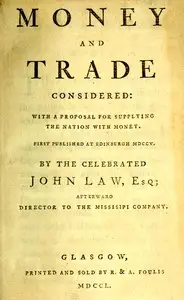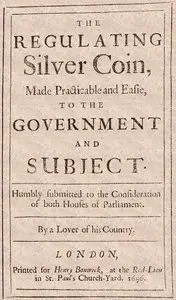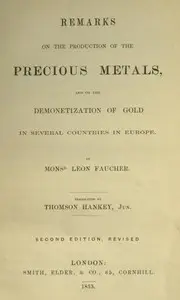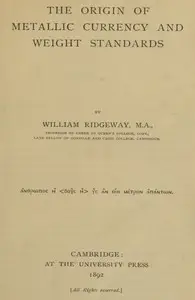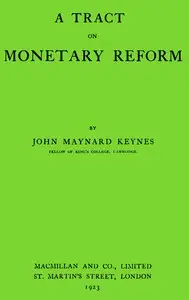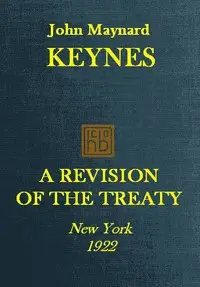"Indian Currency and Finance" by John Maynard Keynes is an exploration of India's monetary system during a critical period of economic transformation. The book examines the historical move away from silver as the basis for currency to a gold-exchange standard in the late 19th century. It looks at the issues faced by fluctuating silver prices, the shift to a gold standard in 1893, and the administrative choices shaping the modern system. The book presents a history of India's currency, from its silver roots to the changes of the 1890s, while preparing the reader for a wider exploration of the value of the rupee, its conversion to paper, and the use of gold to stabilize the economy.
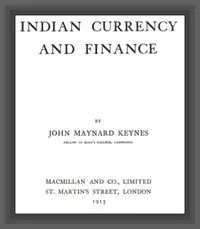
Indian Currency and Finance
By John Maynard Keynes
In a country undergoing economic change, follow the transition from silver to gold as its currency system faces challenges.
Summary
About the AuthorJohn Maynard Keynes, 1st Baron Keynes, was an English economist and philosopher whose ideas fundamentally changed the theory and practice of macroeconomics and the economic policies of governments. Originally trained in mathematics, he built on and greatly refined earlier work on the causes of business cycles. One of the most influential economists of the 20th century, he produced writings that are the basis for the school of thought known as Keynesian economics, and its various offshoots. His ideas, reformulated as New Keynesianism, are fundamental to mainstream macroeconomics. He is known as the "father of macroeconomics".
John Maynard Keynes, 1st Baron Keynes, was an English economist and philosopher whose ideas fundamentally changed the theory and practice of macroeconomics and the economic policies of governments. Originally trained in mathematics, he built on and greatly refined earlier work on the causes of business cycles. One of the most influential economists of the 20th century, he produced writings that are the basis for the school of thought known as Keynesian economics, and its various offshoots. His ideas, reformulated as New Keynesianism, are fundamental to mainstream macroeconomics. He is known as the "father of macroeconomics".




